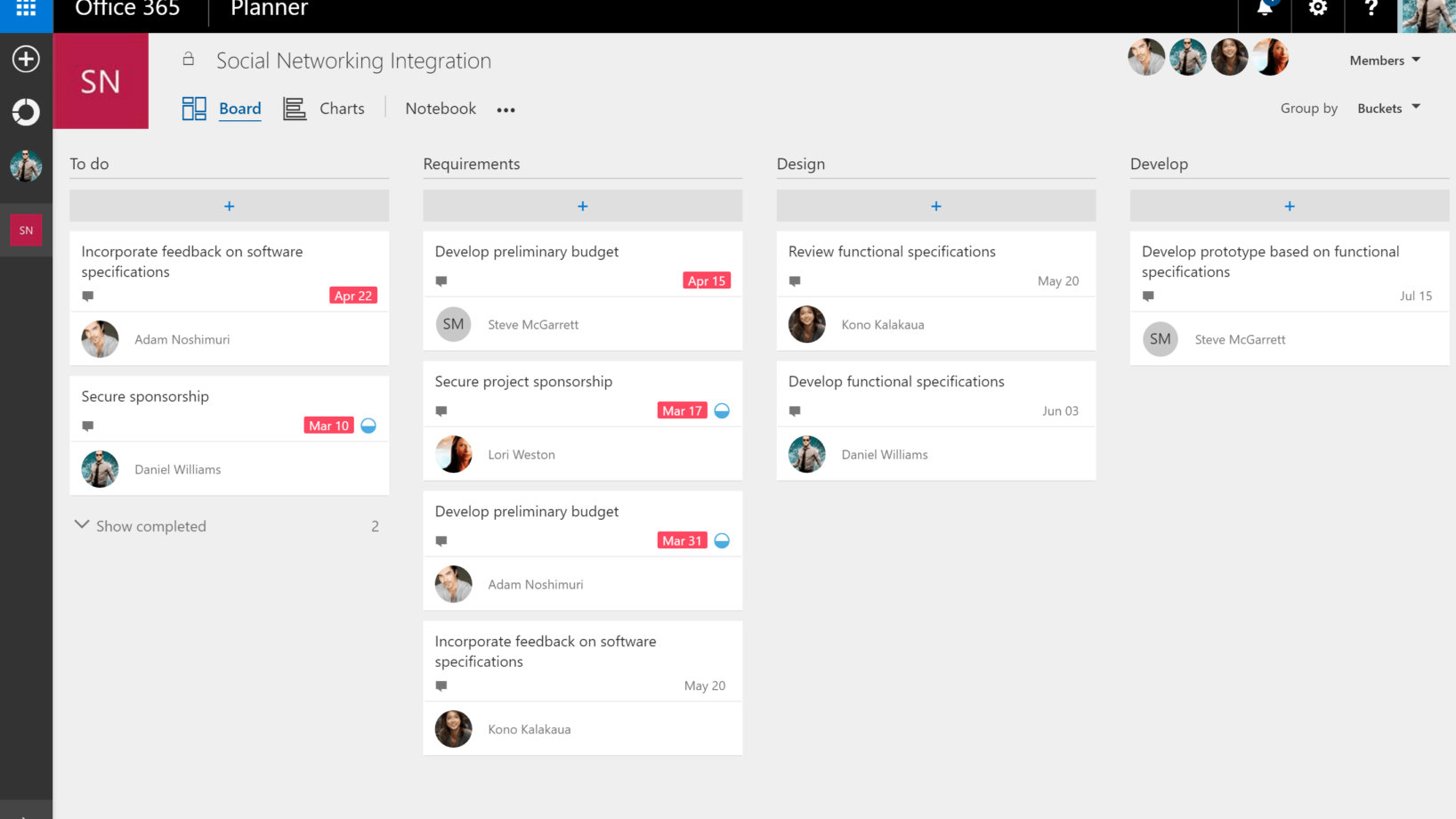

That said, there are a lot of good wizards to help out, and if you invest in learning it, you have valuable skills that many small (and large) businesses need these days.

However, it also adds some "overcomplication" in the way it is put together and builds a little on assumed prior experience with corporate IT tools.

Microsoft 365 Business Basic is primarily limited in the sense that Office doesn't come with it, but otherwise, it has great features for a small business. Some bonus tools you get include Forms which allow you to make quizzes and surveys to be analyzed in Excel and the business version of Sway for interactive storytelling (alternative to PowerPoint). Microsoft Office, or simply Office, is a family of client software, server software, and services developed by Microsoft.It was first announced by Bill Gates on August 1, 1988, at COMDEX in Las Vegas.Initially a marketing term for an office suite (bundled set of productivity applications), the first version of Office contained Microsoft Word, Microsoft Excel, and Microsoft PowerPoint. That looks to be 5 per month for Microsoft 365 Business Basic. What you get in Basic is 50Gb mailbox per user in the corporate version of Exchange, with support for internet domain names, shared mailboxes and so on, the business version of Teams with online meetings of up to 250* people, Planner, To-Do, SharePoint for intranet and sharing among users and business version of OneDrive with 1Tb personal storage for each individual "employee". The cheapest M365 Business account with cloud services and no Office suite, 'essentials' or whatever it is called now includes Planner, and can be used together with an Office installation you already have. Those are not included in Business Basic, but are part of Business Standard and Premium (though you can "bring your own Office"). Both Personal and Family includes the Office apps.


 0 kommentar(er)
0 kommentar(er)
